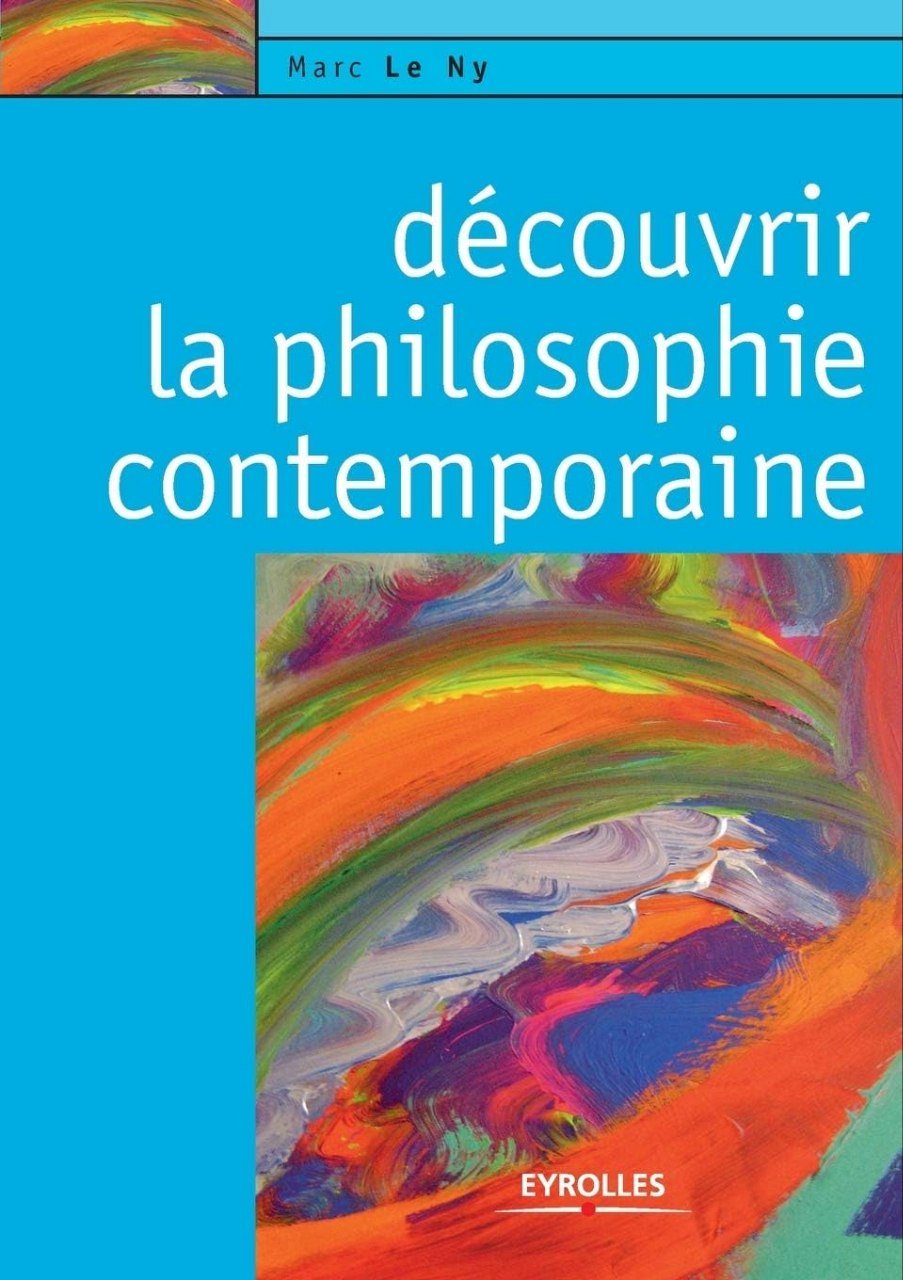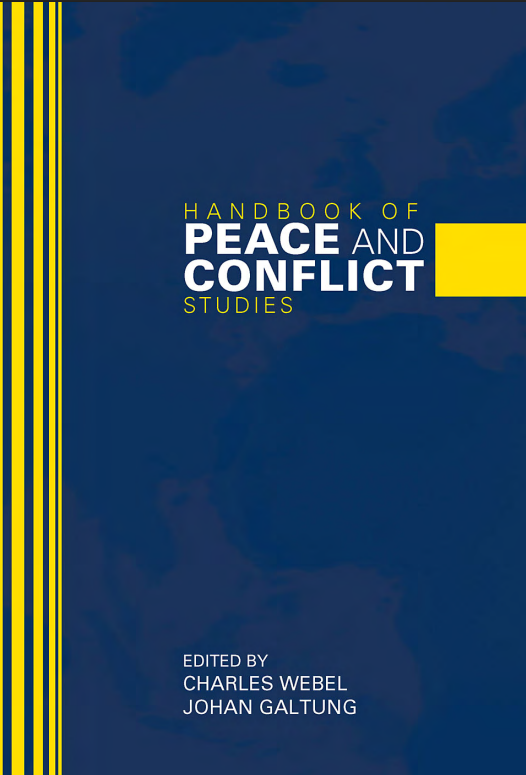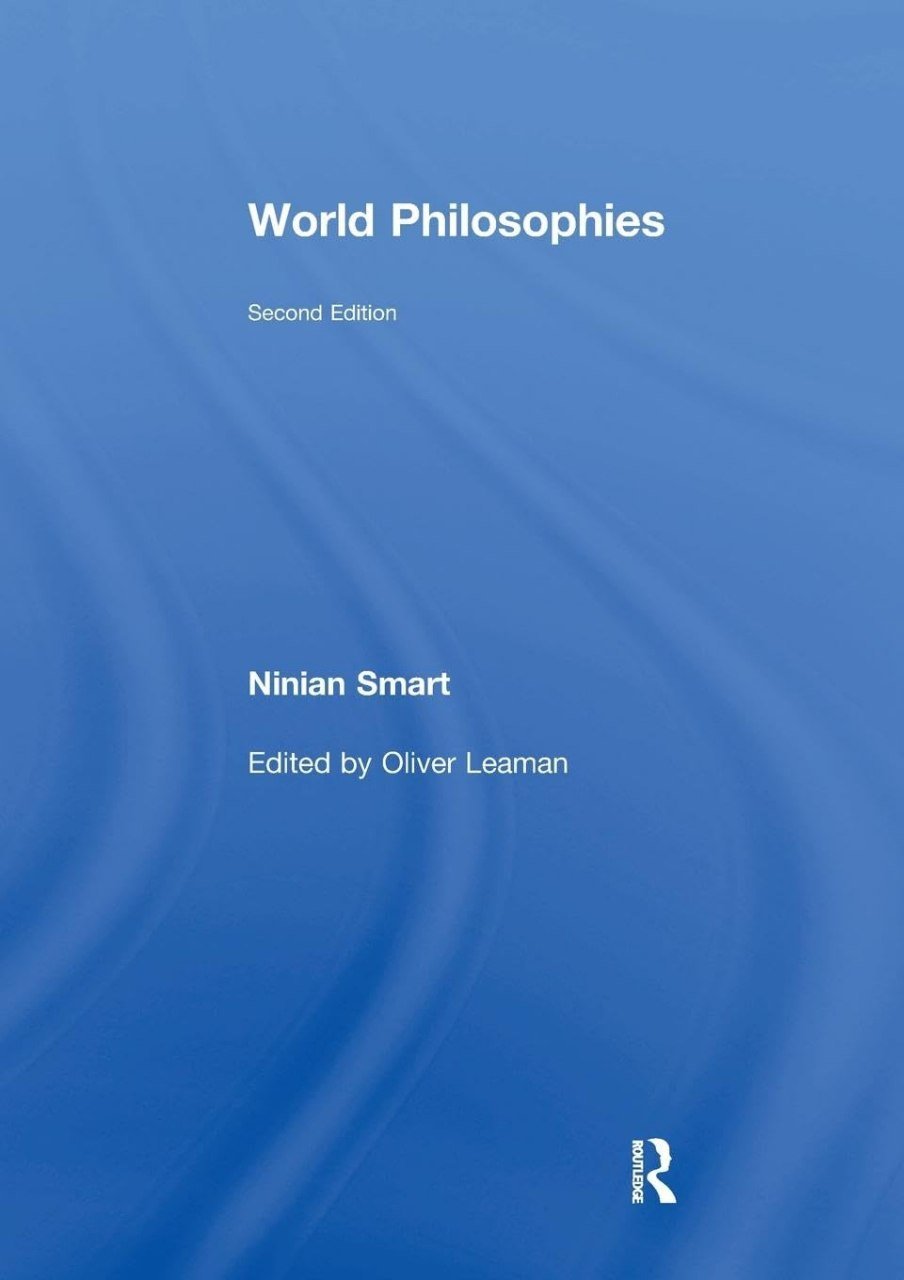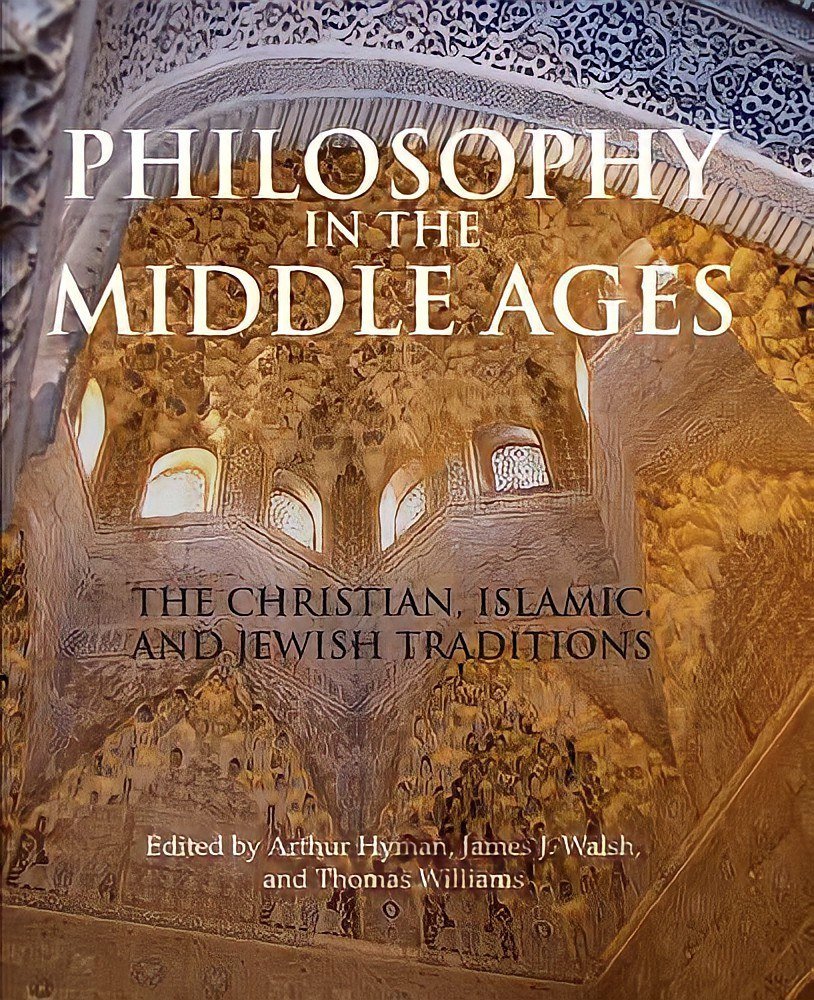

Totality and Infinity: An Essay on Exteriority by Emmanuel Levinas
Reviews
No review yet. Be the first to review this book!
Description
Totality and Infinity: An Essay on Exteriority by Emmanuel Levinas is a seminal philosophical work that explores the nature of ethics, human subjectivity, and the fundamental relationship between the self and the Other. In this profound text, Levinas critiques traditional Western philosophy, particularly the philosophy of totality—where the self is seen as the central subject, ordering and understanding everything else. Instead, he introduces the idea of "exteriority," where the true ethical encounter takes place not through the self's comprehension of the world, but through the encounter with the Other, who remains fundamentally beyond the grasp of the self's totalizing logic. Levinas argues that traditional philosophy, from Aristotle to Hegel, has focused on systems of thought that prioritize the self as the basis of knowledge, essentially making the world an object to be understood. However, for Levinas, the most fundamental aspect of human existence is the relationship with the Other—another person who cannot be reduced to the self's categories or demands. This encounter with the Other, which is ethical at its core, calls the self into responsibility and interrupting any totalizing systems of thought. By drawing on phenomenology, particularly the work of Edmund Husserl and Martin Heidegger, Levinas redefines the idea of infinity, seeing it not as a concept or idea to be captured by thought, but as the infinite Other who transcends the self’s ability to control or define. Through the face-to-face encounter with the Other, the self is called to responsibility, and ethical action arises from this recognition of the infinite alterity of the other person. Totality and Infinity is a radical rethinking of ethics and human subjectivity, proposing that ethics is the first philosophy, preceding all metaphysics and knowledge. Levinas’s work challenges readers to reconsider the foundation of ethical life, not as a matter of rules or principles, but as a response to the radical alterity and vulnerability of the Other. This book remains one of the most important texts in 20th-century philosophy, particularly in the fields of ethics, phenomenology, and existentialism.

























.jpg)
.jpg)
.jpeg)














.png)






.jpg)




.jpg)



.jpg)




.jpeg)



.jpg)





.jpg)






.jpeg)

.jpeg)




.jpg)


.jpeg)
















































